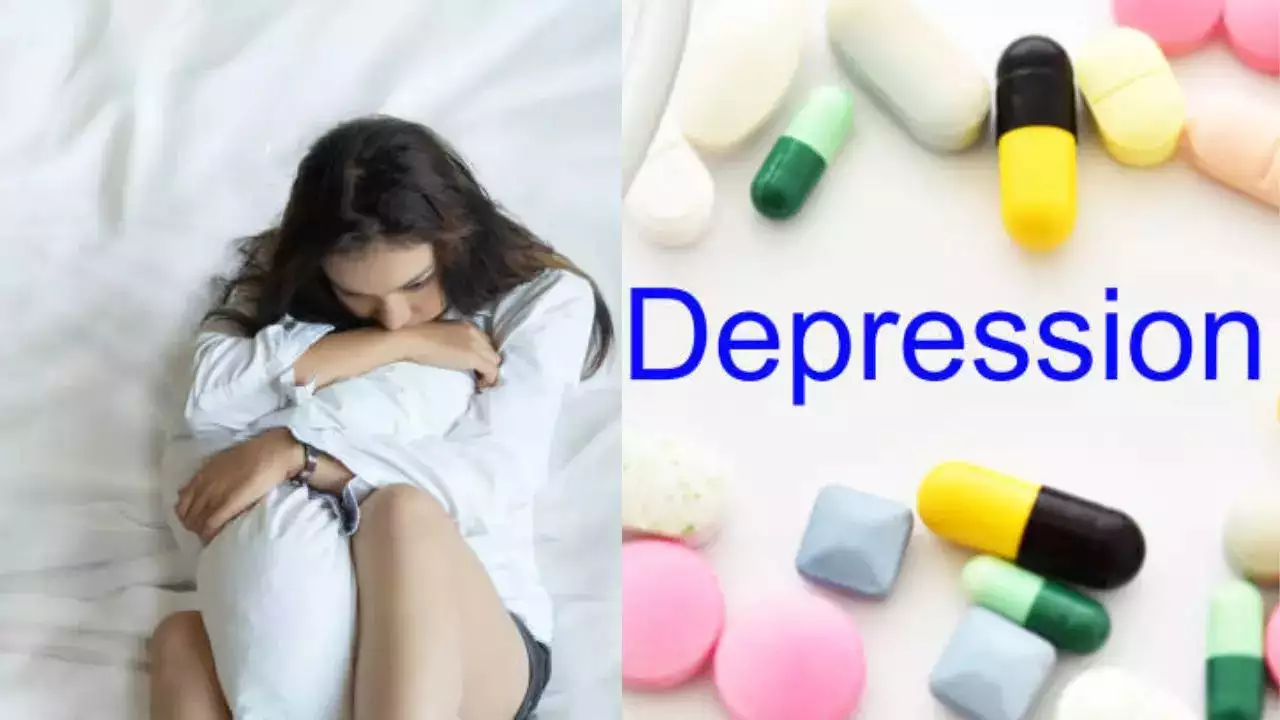
Esketamine reduces depression symptoms within hours, according to studies conducted on suicidal patients
This week, the US Food and Drug Administration expanded its approval of Spravato, an antidepressant nasal spray. The drug, made by Johnson & Johnson, is now cleared for use as the only standalone treatment for severe depression.
Made from esketamine, Spravato—one of two mirror-image molecules found in the anaesthetic ketamine—was approved earlier in 2019 for adults with major depressive disorder who did not respond to other antidepressants. Back then, the original approval needed the patients on Spravato to also receive an oral antidepressant but now it can be used on its own.
What is esketamine?
A chemical distant cousin of the anaesthetic and party drug ketamine, esketamine helps reduce depression symptoms within hours, according to two large studies conducted on suicidal patients.
According to the research, nearly 450 patients found that after 24 hours, the ones who got the drug along with standard treatment were less depressed than people who got standard treatment alone. Surprisingly, though, patients who got esketamine were not significantly less suicidal, even though they had fewer symptoms of depression.
Esketamine “shows a benefit in a very high-risk patient population, which is usually excluded from most clinical trials," says Dr. David Hough, a psychiatrist and esketamine compound development team leader at Janssen Research and Development LLC, a part of Johnson & Johnson.
Johnson & Johnson said more than a fifth of those patients taking Spravato went into remission. "Treatment-resistant depression can be very complicated, especially for patients who do not respond to oral antidepressants or cannot tolerate them. For too long, healthcare providers have had few options to offer patients much-needed symptom improvement,” said Bill Martin, Global Therapeutic Area Head, Neuroscience, Johnson & Johnson Innovative Medicine.
How does Spravato work?
According to scientists, Spravato can help patients experience improvements in depressive symptoms as early as 24 hours and at 28 days—without the need for daily oral antidepressants.
The nasal spray works by targeting a neurotransmitter known as glutamate, which is the most abundant excitatory neurotransmitter in the brain. However, the mechanism by which esketamine (the main ingredient in Spravato) exerts its antidepressant effect is still unknown.
In studies done on mice, the drug appears to quickly improve the functioning of certain brain circuits involved in mood, as reported in the journal Science. Then, hours later, it begins to restore faulty connections between cells in these circuits. Studying ketamine's antidepressant effects in mice presented a challenge. "There's probably no such thing as a depressed mouse," says Dr. Conor Liston, a neuroscientist and psychiatrist at Weill Cornell Medicine in New York and an author of the Science paper.
Get Latest News Live on Times Now along with Breaking News and Top Headlines from Health and around the world.
